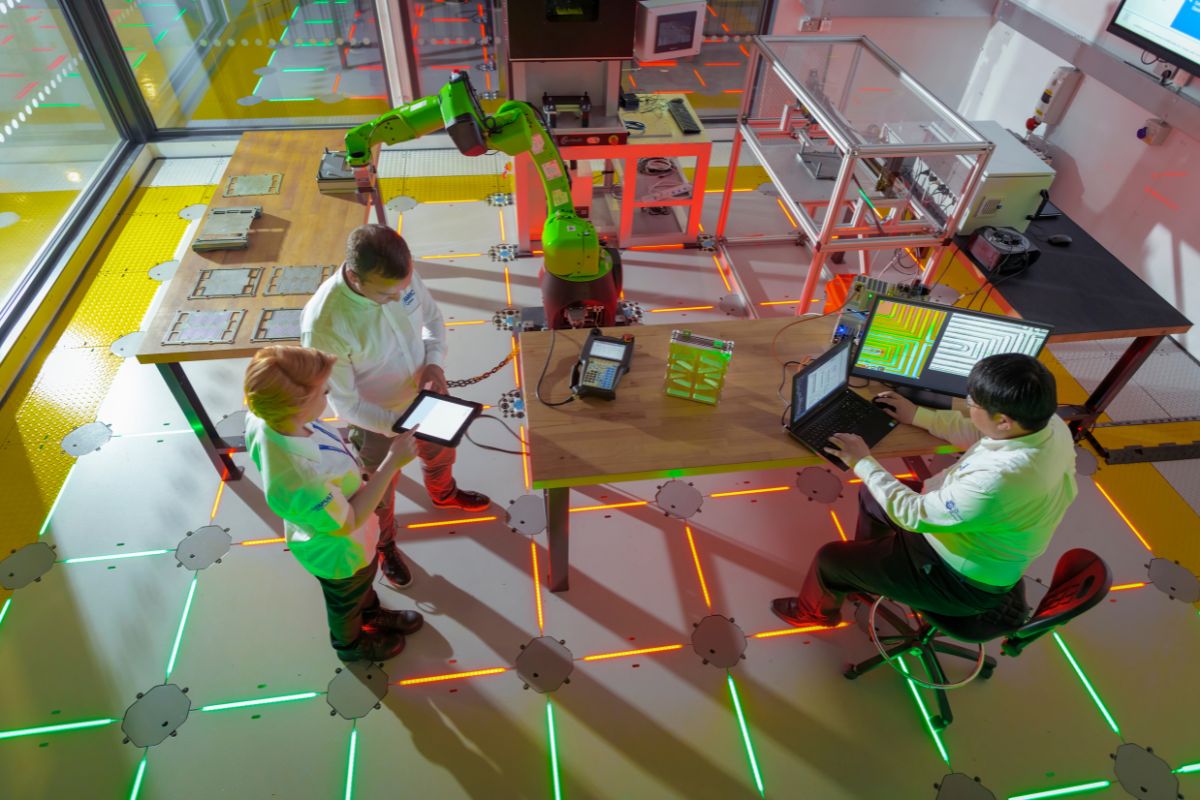Defining AI-Enhanced Recognitive Feedback in Assessments

As someone who has transitioned from the world of higher education academia (former Head of Digital Learning at the University of Surrey) to the dynamic field of EdTech, I’ve witnessed firsthand the evolving relationship between educators and technology. AI’s growing presence in education, particularly in assessment, presents both exciting opportunities and complex challenges. There are essential human elements of feedback that we must strive to preserve as we integrate AI tools into assessments.
The integration of artificial intelligence (AI) into education, particularly within assessment practices, has become a focal point of discussion. The capacity of AI tools to generate detailed feedback rapidly is undeniable. However, concerns have been raised about the potential loss of essential human elements in the educational process, specifically the risk of prioritising efficiency over the nuanced interaction between educators and students.
This critical issue is addressed in the recent paper, “Understanding the place and value of GenAI feedback: a recognition-based framework,” by Corbin, Tai, and Flenady. The authors astutely observe that while Generative AI (GenAI) offers significant capabilities, it may lack a crucial component of effective human feedback: mutual recognition.
They highlight the clear distinction between human and AI-generated feedback: Effective human feedback is characterised by trust, relationality, and a reciprocal exchange between educator and student. It involves understanding the student’s individual context and challenges. In contrast, AI feedback, while potentially detailed, may lack the depth of meaningful connection with the student.
Corbin, Tai, and Flenady propose a framework centered on “recognitive” versus “extra-recognitive” feedback. “Recognitive” feedback encompasses the human, relational aspects of effective feedback, characterised by:
- Trust between the provider and recipient of feedback.
- A relationship marked by interaction and understanding.
- Personalised comments that extend beyond simple evaluations of correctness.
“Extra-recognitive” feedback, conversely, refers to feedback lacking the human element, such as that provided by AI. It may present information but lack the personal connection and interactive exchange of recognitive feedback.
While the paper provides a valuable theoretical foundation, it also prompts further exploration of how these concepts are applied in practice.
Emerging AI-driven systems are beginning to move beyond a simplistic binary categorisation. These systems offer detailed and personalised feedback, analysing student work and providing targeted guidance. Critically, many also incorporate mechanisms that ensure educators remain central to the learning process, empowered rather than replaced by AI.
This trend suggests the need for a hybrid category: “AI-Enhanced Recognitive Feedback.” This concept acknowledges AI’s potential to enhance feedback through increased efficiency and scalability, while simultaneously recognising the continued importance of human elements such as trust, relationship-building, and personalised guidance, which cannot be replicated by machines.
By integrating AI in this manner, innovative systems offer a more nuanced approach to feedback in contemporary education. They demonstrate that AI can augment human interaction to create a more effective and enriching learning experience.
It is essential to consider these evolving approaches. Corbin, Tai, and Flenady’s paper, “Understanding the place and value of GenAI feedback: a recognition-based framework,” provides valuable context for this ongoing discussion, which is a part of the larger conversation that will undoubtedly continue to shape the future of education. Their framework provides a valuable tool for this endeavor, urging us to carefully consider the ‘recognitive’ elements of feedback that are so essential for fostering student growth and development.
Looking ahead, the integration of AI into education, particularly within assessment, will undoubtedly continue to evolve. As we move forward, it’s crucial to maintain a balanced perspective, recognising both the potential benefits and the inherent limitations of AI.
My experience in both higher education and EdTech leads me to believe that the most promising path forward lies in embracing an ‘AI-Enhanced Recognitive Feedback’ model. This approach leverages AI’s capacity for efficiency and scalability while ensuring that educators remain central to the learning process. By thoughtfully integrating AI, we can create learning environments that are both effective and deeply human-centered.
It’s also important to acknowledge that the discussion around AI in education is far from over. As AI technology advances, so too must our understanding of its role and impact. Initiatives focused on AI literacy, such as those highlighted in the European AI Office’s report, will be crucial in ensuring that educators and students alike are equipped to navigate this changing landscape. Ultimately, the goal should be to harness the power of AI to enhance, not diminish, the vital role of human connection in education.
By Dr. Chris Trace, Chief Academic Officer at KEATH.ai











Responses